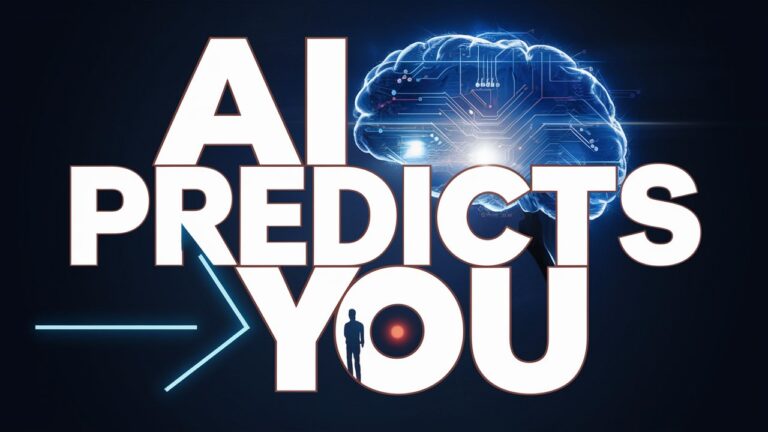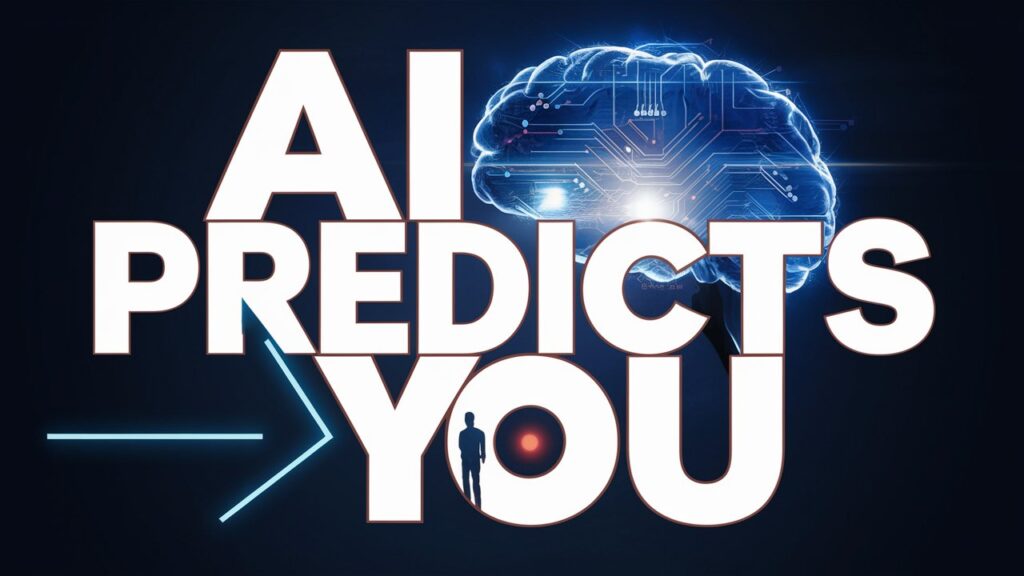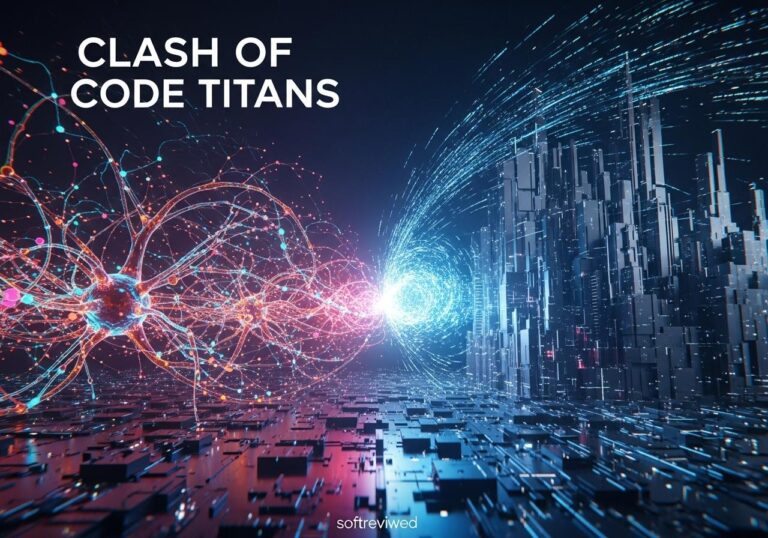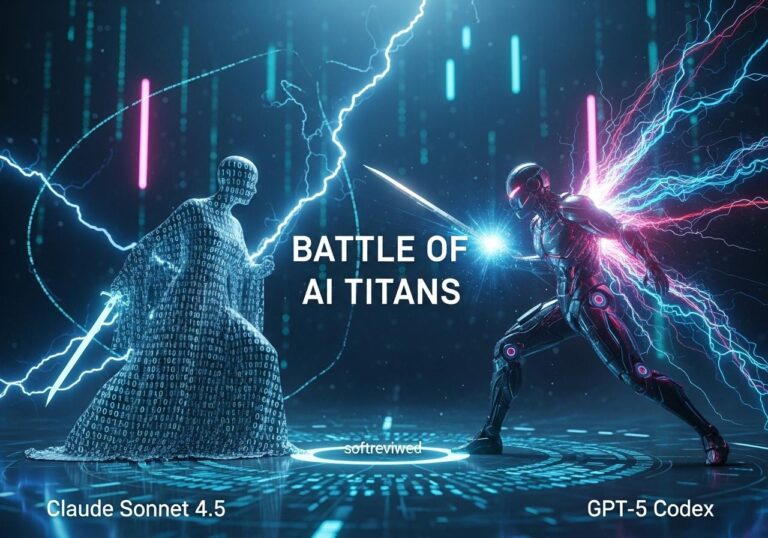AI-Powered Behavior Engine: Revolutionizing the Future of Gaming
🧠 What is the AI-Powered Behavior Engine?
A cutting-edge AI technology designed to enhance game mechanics and player experiences through real-time decision-making and personalized AI agents.🔑 Key Features
Real-time decision-making, generative AI integration, spontaneous elements in scripted interactions, full improvisation in emergent gameplay, and seamless workflow integration.👥 The Team Behind the Innovation
Artificial Agency brings together AI researchers from Google DeepMind and skilled engineers from leading AAA studios, backed by $16 million in funding.🌟 Enhanced Immersion and Realism
AI-driven characters and environments create more lifelike and responsive game worlds, leading to deeper player immersion. AI advancements also allow for dynamic interactions, where non-playable characters (NPCs) can respond in realistic ways to the player’s decisions, making the narrative feel more personalized. Companies like Nvidia and Meta virtual worlds are pioneering in this space, utilizing cutting-edge AI to craft environments that adapt and evolve based on player actions. This results in game experiences that feel more alive and ever-changing, fostering a sense of unpredictability and excitement.👤 Personalized Gaming Experiences
The engine’s ability to create personalized AI agents tailors each player’s experience to their preferences and play style.⚙️ Streamlined Development Process
Seamless integration into existing workflows could lead to faster production times and more efficient resource use.🚀 Empowering Smaller Studios
The technology’s accessibility and customization options benefit studios of all sizes, potentially leveling the playing field.🎮 New Genres and Gameplay Mechanics
The ability to create more dynamic and adaptive game worlds may inspire entirely new genres and innovative gameplay mechanics.AI-Powered Behavior Engine: Revolutionizing the Future of Gaming
The gaming industry is on the brink of a major transformation, thanks to a groundbreaking innovation from Artificial Agency. This Edmonton-based AI startup has developed an AI-powered behavior engine that promises to reshape how we create and experience video games. Let’s explore this exciting development and its potential impact on the gaming landscape.
What is the AI-Powered Behavior Engine?
Artificial Agency’s behavior engine is a cutting-edge AI technology designed to enhance game mechanics and player experiences. By incorporating real-time decision-making and personalized AI agents, this innovative system allows for the creation of more dynamic, adaptive, and intelligent games.
Key features of the AI-powered behavior engine include:
- Real-time decision-making capabilities
- Integration of generative AI into game mechanics
- Spontaneous elements in scripted interactions
- Full improvisation in emergent gameplay
- Seamless integration into existing development workflows
- Customization and extensibility options
The Brains Behind the Innovation

Artificial Agency, the startup behind this revolutionary technology, has emerged from stealth mode with an impressive $16 million in funding. The company brings together an elite team of AI researchers from Google DeepMind and skilled engineers and game developers from leading AAA studios.
Brian Tanner, CEO of Artificial Agency, explains the vision behind their creation:
“This approach equips developers with the tools to convert characters and decision-making systems into personalized AI agents with unique perceptions, actions, personalities, and objectives.”
How Will This Impact the Gaming Industry?

The introduction of AI-powered behavior engines is set to have far-reaching effects on the gaming industry. Here are some of the key ways this technology could transform game development and player experiences:
1. Enhanced Immersion and Realism
With AI-driven characters and environments, games will become more lifelike and responsive to player actions. This increased realism can lead to deeper immersion and more engaging gameplay experiences.
2. Personalized Gaming Experiences
The behavior engine’s ability to create personalized AI agents means that each player’s experience can be tailored to their preferences and play style. This level of customization could significantly increase player satisfaction and replay value.
3. Streamlined Development Process
By integrating seamlessly into existing workflows, the AI-powered behavior engine has the potential to streamline game development. This could lead to faster production times and more efficient use of resources.
4. Empowering Smaller Studios
The technology’s accessibility and customization options mean that studios of all sizes can benefit from its capabilities. This could level the playing field and foster innovation across the industry.
5. New Genres and Gameplay Mechanics
With the ability to create more dynamic and adaptive game worlds, developers may be inspired to create entirely new genres or innovative gameplay mechanics that were previously impossible.
Industry Adoption and Certification
Artificial Agency is not working in isolation. The company is collaborating with several renowned AAA studios to develop and refine its behavior engine. This partnership approach ensures that the technology will be well-suited to the needs of professional game developers.
The behavior engine is expected to be widely available to studios in 2025, giving developers time to familiarize themselves with the technology and explore its potential applications.
The Edmonton Connection: A Growing AI Hub
The success of Artificial Agency highlights Edmonton’s growing reputation as a hub for AI innovation. The city has been successful in attracting top AI talent and fostering a dynamic tech ecosystem. This development could further cement Edmonton’s position as a leader in the AI and gaming industries.
Potential Challenges and Concerns
While the AI-powered behavior engine offers exciting possibilities, it also raises some potential challenges and concerns:
Balancing AI and Player Control
One of the main concerns is finding the right balance between AI-driven elements and player agency. Game designers will need to ensure that the use of AI enhances rather than diminishes the player’s sense of control and accomplishment.
Ethical Considerations
The extensive use of AI in gaming raises ethical questions about the nature of player interactions with AI-generated content. Developers will need to consider issues such as transparency, fairness, and potential biases in AI-driven game elements.
Technical Challenges
Implementing sophisticated AI systems in games may present technical challenges, particularly in terms of performance and resource management. Developers will need to optimize these systems to ensure smooth gameplay across various hardware configurations.
The Future of Gaming: AI-Powered and Player-Centric
Despite the challenges, the potential benefits of AI-powered behavior engines are immense. As the technology matures and developers become more adept at harnessing its capabilities, we can expect to see a new generation of games that are more immersive, adaptive, and engaging than ever before.
Some potential future developments include:
- AI-driven narrative generation for endless, unique storylines
- Hyper-realistic NPC interactions that adapt to player behavior
- Dynamic world-building that evolves based on collective player actions
- Advanced procedural content generation for infinite gameplay possibilities
What This Means for Gamers
For players, the introduction of AI-powered behavior engines promises a future of more engaging, personalized, and dynamic gaming experiences. Games may become more challenging, more responsive to individual play styles, and offer greater replay value.
However, it’s important to note that the core elements that make games enjoyable – compelling stories, satisfying gameplay mechanics, and artistic vision – will remain crucial. AI will be a tool to enhance these elements, not replace them.
The Road Ahead
As Artificial Agency prepares to make its behavior engine widely available in 2025, the gaming industry is poised for a period of rapid innovation and experimentation. We can expect to see early adopters pushing the boundaries of what’s possible with this technology, paving the way for widespread adoption in the years to come.
The success of this AI-powered approach could also have implications beyond gaming, potentially influencing fields such as simulation, training, and virtual reality experiences.
Conclusion
The AI-powered behavior engine developed by Artificial Agency represents a significant leap forward in game development technology. By enabling more dynamic, adaptive, and personalized gaming experiences, this innovation has the potential to reshape the industry and usher in a new era of interactive entertainment.
As we look to the future, it’s clear that AI will play an increasingly important role in game development. However, the true measure of success will be how well this technology can be harnessed to create experiences that are not just technically impressive, but also fun, engaging, and meaningful for players.
The gaming world is watching with anticipation as this technology moves from concept to reality. One thing is certain: the games of tomorrow will be unlike anything we’ve seen before, thanks to the power of AI.
FAQs
Q: When will games using this AI-powered behavior engine be available?
A: While the behavior engine is being developed in collaboration with AAA studios, it’s expected to be widely available to studios in 2025. We may see the first games utilizing this technology in the years following.
Q: Will this technology only be available for big-budget games?
A: No, the behavior engine is designed to be accessible to studios of all sizes. Its customization and extensibility options make it suitable for a wide range of projects.
Q: How will this affect multiplayer games?
A: The AI-powered behavior engine could potentially enhance multiplayer experiences by creating more dynamic NPCs and environments. However, its primary focus appears to be on improving single-player experiences.
Q: Will this technology replace human game designers?
A: No, the AI-powered behavior engine is a tool to enhance game development, not replace human creativity. Game designers will still be crucial in creating the core concepts, stories, and gameplay mechanics that make games enjoyable.
Q: Are there any privacy concerns with this technology?
A: As with any AI technology that adapts to user behavior, there may be privacy considerations. It will be important for developers to be transparent about data collection and use, and to implement strong data protection measures.
Stay tuned for more developments in this exciting field as we approach the next generation of AI-powered gaming!
Impact of AI on Video Game Industry
This chart illustrates the various impacts of AI on different aspects of the video game industry, showing percentage improvements in key areas.







